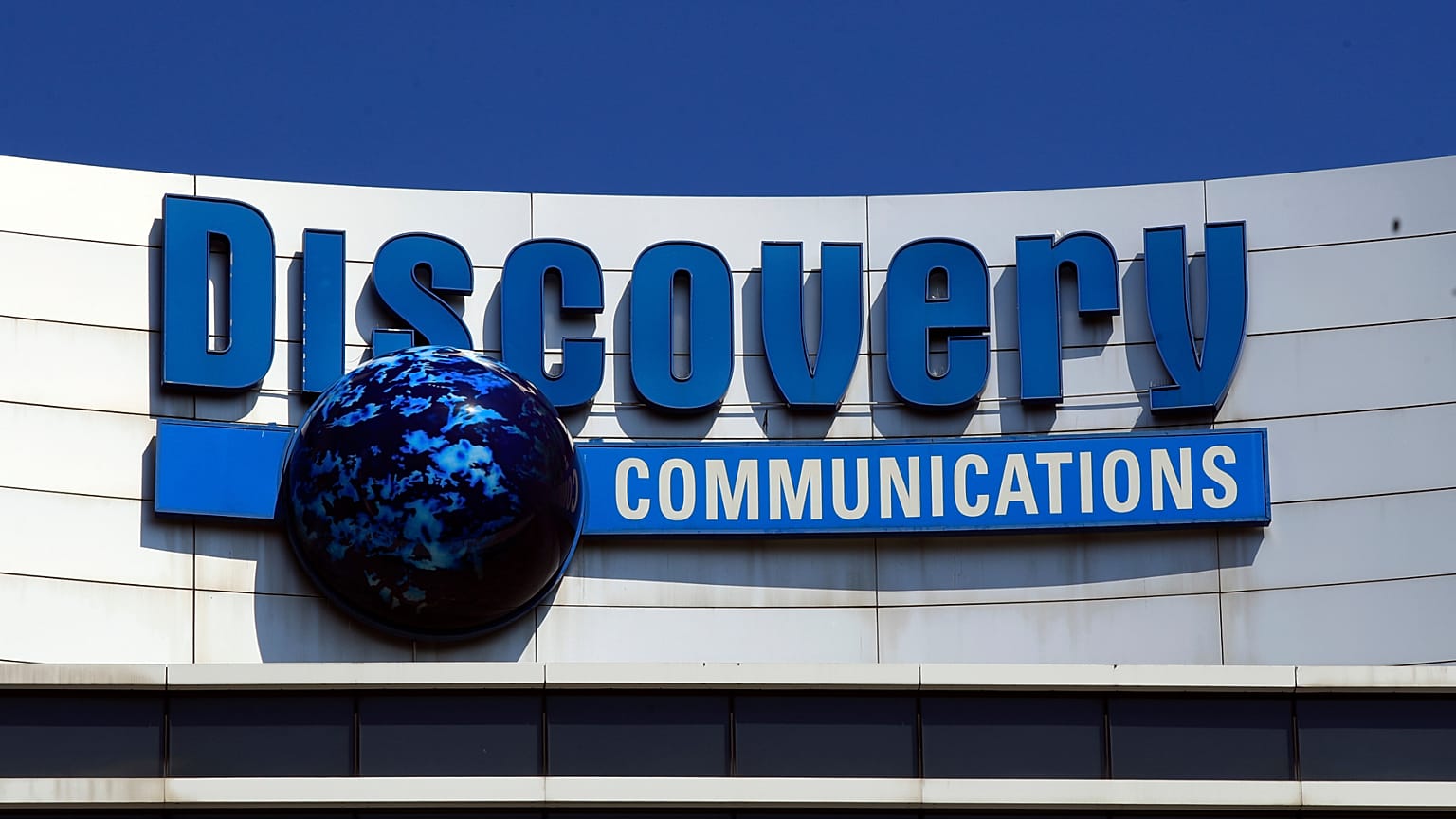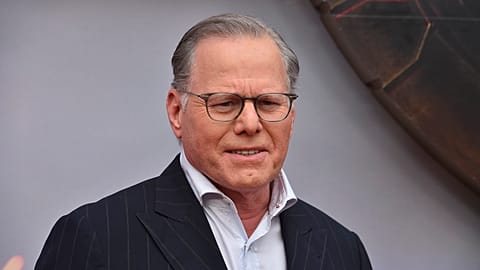After months of speculation, Warner Bros Discovery has confirmed it is reviewing strategic options — from a full sale to partial deals — amid reports of interest from Paramount, Netflix and Comcast.
Warner Bros Discovery, home to HBO, CNN and DC Studios, has signalled it may be open to selling all or parts of its business just months after announcing plans to split into two companies.
In a statement on Tuesday, the entertainment and media giant said it had begun a review of strategic alternatives in light of "unsolicited interest" from multiple parties, both for the entire company and for Warner Bros specifically.
Warner Bros Discovery did not say where that interest was coming from, and a spokesperson told The Associated Press the company could not share further details.
The review follows mounting reports of a potential bidding battle — including from Skydance-owned Paramount, which closed its own $8 billion (€6.9bn) merger in early August.
Citing anonymous sources familiar with the talks, The Wall Street Journal recently reported that Paramount approached Warner Bros Discovery with a majority-cash offer in late September — but that Warner CEO David Zaslav rebuffed the initial overtures.
According to the paper, Paramount/Skydance chief executive David Ellison later considered a more aggressive approach, such as going directly to shareholders.
CNBC has also reported that Netflix and Comcast are among other interested parties, citing unnamed sources. Comcast declined to comment on Tuesday. Paramount and Netflix did not immediately respond to AP’s requests for comment.
Competition among US media companies
A sale of all or part of Warner Bros Discovery would mark a significant shift in the US media landscape, which is "already trending towards a concerning level of consolidation", said Mike Proulx, VP research director at Forrester.
He pointed to streaming in particular — noting that, on one hand, a deal could help scale the company’s services to compete better with other players in the industry. On the other, consumers could face fewer choices controlled by a handful of corporate giants.
"When just a few conglomerates, like Skydance, increasingly control the lion’s share of some of the most popular platforms, it raises all sorts of questions around the future of content diversity and expression," Proulx said by email on Tuesday.
"'Bigger is better' might be good for shareholders but will consumers ultimately benefit with better quality content, lower prices, and accessibility?”
Much will depend on whether a sale happens — and who ends up buying Warner Bros Discovery, he added.
Warner's restructuring
Back in June, Warner Bros Discovery outlined plans to split its cable and streaming businesses. HBO and HBO Max, along with Warner Bros Television, Warner Bros Motion Picture Group and DC Studios, would form a new streaming-and-studios company.
Networks such as CNN, Discovery and TNT Sports, plus digital products including the Discovery+ streaming service and Bleacher Report, would then make up a separate cable-focused counterpart.
Warner expected the split to complete by mid-2026 — and said on Tuesday that continuing to advance this separation remains among the options under consideration.
"We took the bold step of preparing to separate the company into two distinct, leading media companies, Warner Bros and Discovery Global, because we strongly believed this was the best path forward," Zaslav said.
Still, he added, "it’s no surprise that the significant value of our portfolio is receiving increased recognition by others in the market".
The company said there is no set timeline for the review process — and noted that, beyond the separation already under way, "there can be no assurance" that any transaction will emerge.
Shares of New York-headquartered Warner Bros Discovery were up nearly 11% by the close on Tuesday.
Warner Bros Discovery was created just three years ago, when AT&T spun off WarnerMedia, which then merged with Discovery Communications in a $43 billion (€37bn) deal.
Any larger transaction could attract antitrust scrutiny — but, as with other recent mega-mergers and proposed deals, could yet find success under the Trump administration.


















